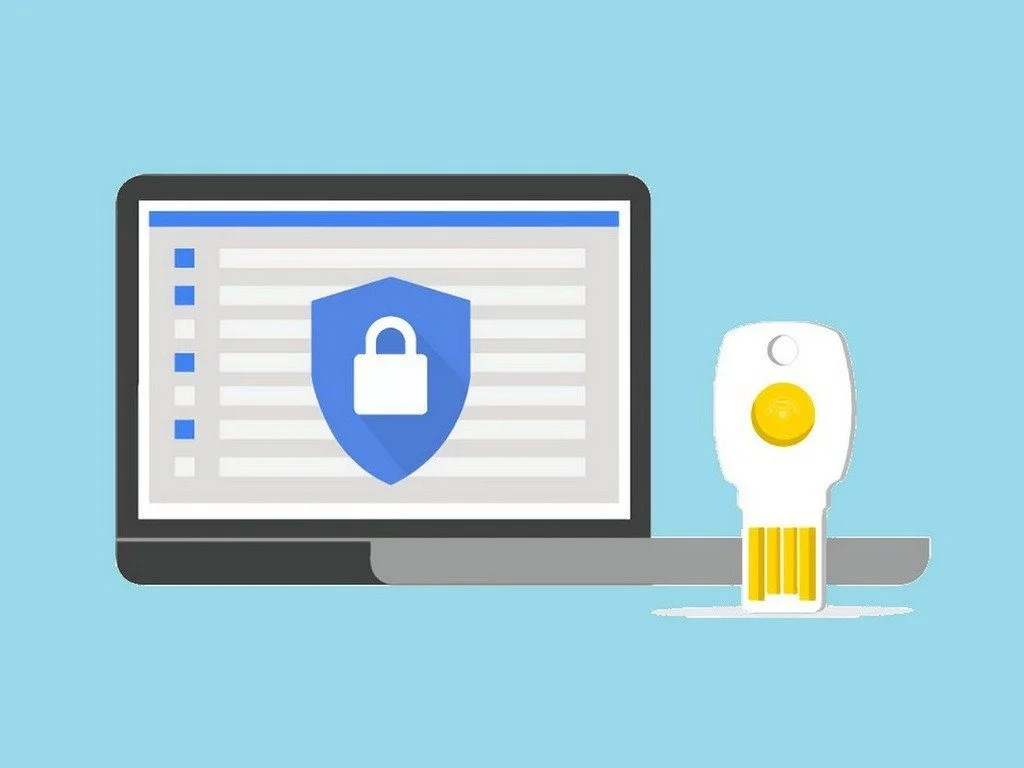Chief of All India Institute of Medical Sciences (AIIMS), Dr Randeep Guleria, on June 19, said the third wave of COVID-19 could hit India in the next “six to eight weeks.” Noting that the virus causing SARS-CoV-2 infection is still mutating, Dr. Guleria claimed that a third wave of the pandemic is “inevitable.”
The remarks of the AIIMS director come days after the detection of the ‘Delta-plus’ variant of coronavirus, which is feared to drive the third round of the health crisis.
Although a new wave usually strikes in a three-month period, the arrival of the third wave could be expedited through the violation of COVID-appropriate behaviour, Dr Guleria said while speaking to NDTV.
“We don’t seem to have learned from what happened between the first and the second wave. Again crowds are building up… people are gathering. It will take some time for the number of cases to start rising at the national level. The third wave is inevitable, and it could hit the country within the next six to eight weeks… maybe a little longer,” he told the news channel.
The AIIMS chief also suggested that micro-management of the virus could reduce the impact of the COVID-19 third wave. “Mini-lockdowns” need to be strictly enforced in areas with over a five percent positivity rate, he said, adding that aggressive surveillance is also required in hotspots to track down the new variants.
Dr. Guleria also indicated that mass vaccination would be essential in minimising the impact of the third wave. “Unless we’re vaccinated, we’re vulnerable in the coming months,” he said.
Around five percent of the country’s population has been vaccinated so far with both doses of the COVID-19 vaccine. The government aims to vaccinate over 100 crore citizens by the end of 2021.
The vaccination schedule for Covishield – the jab which is currently being provided to over 80 per cent of beneficiaries – was changed last month. The gap between the two doses was extended to 12-16 weeks. Experts say it will allow the government to widen the coverage of immunisation drive by providing the first dose to the eligible beneficiaries.
“One-shot strategy may not be a bad strategy as it can give protection to a larger number of people,” Dr Guleria said. However, he noted that the decision to extend the dose gap should be driven by science and not due to a shortage of doses.
The second COVID-19 wave in India was witnessed between March-end, and the peak was considered to have been passed in mid-May. Between April and May, the country reported an unprecedented surge in infections. The per-day count had peaked above 4 lakh, whereas the daily fatality count had also crossed the grim 4,000-mark.
Over the past month, India has witnessed a rapid decline in the daily case count. On June 19, 60,753 fresh infections were reported, along with 1,647 deaths. The active case count plunged to its lowest in the past 74 days and was reported as 7,60,019.









